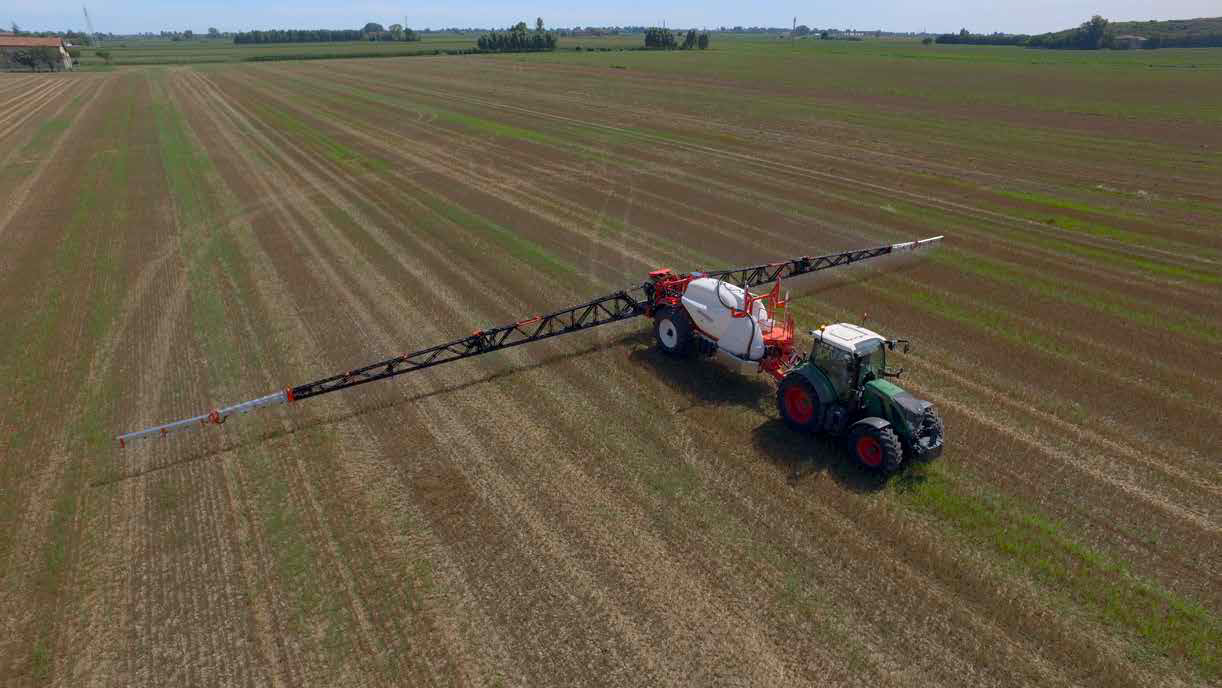The article focuses on the increasing importance of simulation in product development, particularly for vehicles, to identify potential issues early and reduce costs associated with design changes. As physical prototypes become more expensive to modify, integrating virtual testing allows for the assessment of design parameters and product performance before mass production.
A key focus is on creating virtual road profiles that accurately reflect real-world conditions using data from vehicle field tests. By analysing acceleration signals from a vehicle traversing various tracks, the authors aim to develop a method for reconstructing realistic virtual tracks based on these signals. This involves multiple phases, from data collection, to domain creation, up to the Response Surface Model (RSM) training. The model is trained on the collected data to identify significant frequency components that describe the road's characteristics.
The methodology includes an optimization process using modeFRONTIER, which fine-tunes the virtual model to minimize discrepancies between measured and simulated acceleration power spectral densities (PSDs). This process employs algorithms to adjust input variables and refine the model iteratively.
The results demonstrate a significant improvement in accuracy, with errors reduced by less than 37% in the simulated vehicle responses compared to actual measurements. The developed approach enables the creation of a repository of classified road tracks for virtual testing, enhancing design validation while reducing resource consumption.
Therefore, this method enables the effective use of real data in virtual simulations, helping to guide design decisions and optimize vehicle performance throughout product development.

CASE STUDY
This case study describes how the company’s R&D team used ANYSYS and Spaceclaim to conduct Finite Element Method analyses to refine the design of a new model of a sprayer boom used by farmers to distribute phytosanitary products over fields for crop protection.
ansys automotive rail-transport